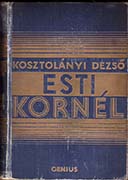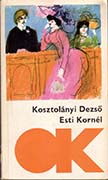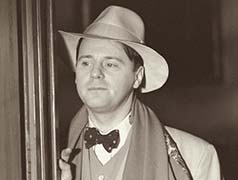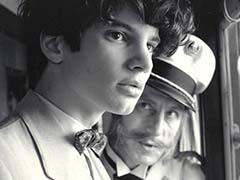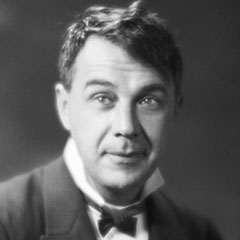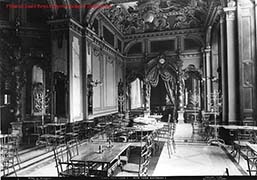Dezső Kosztolányi
1885–1936
“He loved to live and was afraid of death from his early youth.” (Antal Szerb). The poet, writer, translator, essayist, and journalist worked for Nyugat (West), one of the most significant literary journals of the 20th century. He was born in Szabadka (Subotica, in Serbia today). His grandfather of noble birth was a Hungarian soldier and a cashier and had a huge impact on him; he had told him fairy tales, taught him to write and read and taught him English, too.
He founded his poetic career with the poem cycle entitled Complaints of the Poor Little Child (1910). His novels known abroad as well were published in the 1920s: Nero, the Dark Poet (1922), Skylark (1924), The Golden Dragon (1925), Anna Edes (1926), Kornél Esti (1933/1936). He reveals the psychological processes of human fate with sharp depiction of social conditions. His literary translations are significant, he translated Shakespeare, Oscar Wilde, Molière, Calderón, Rostand, Byron, Rimbaud, Rilke, Kipling, Poe and Japenese haikus. He corresponded with Thomas Mann and Gorky. His friendship with his fellow writer, Frigyes Karinthy, was legendary. They kept pulling each other’s leg: they regularly organised each other’s funeral. One of them improvised a funeral oration with the goal to make the other one, acting the dead, laugh. He spent the most of the last three years of his life in hospitals because of his tumour. His last volume of poems is entitled Account (1935).


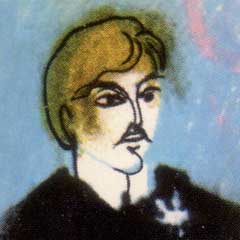
 HUNGARY
HUNGARY